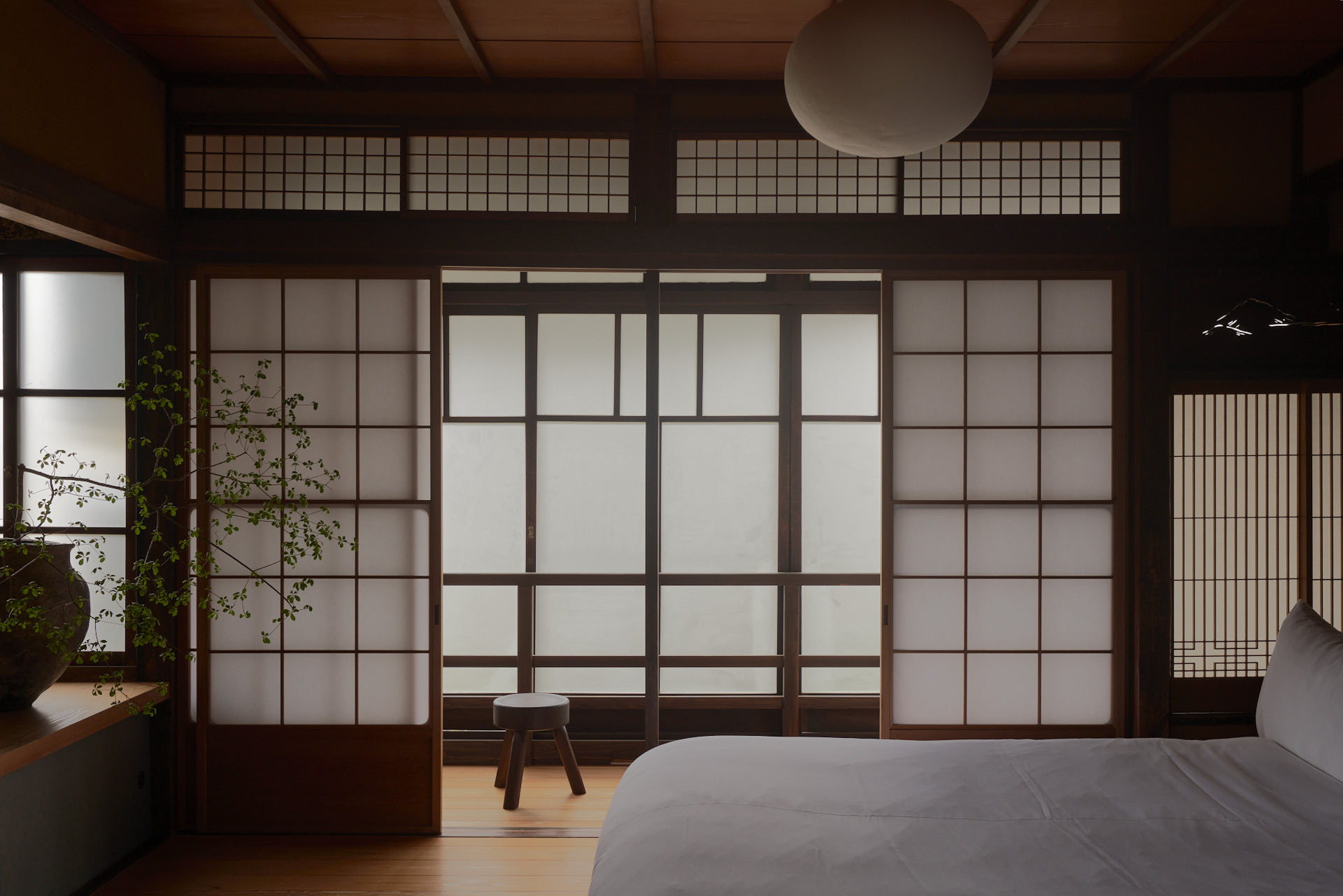
MAANA
A meaningful brand and a meaningful friendship
Like many best friends, Hana and Irene decided to take a trip together to try to get away from their daily lives, and enjoy each other’s company. Having known each other since they were 11 and immediately becoming inseparable, it was certainly not their first trip together. The South of Spain was the chosen destination. However, that trip would be nothing like all their previous travels: it marked a turning point in both their lives, without them even knowing it. A turning point that was set on a Spanish restaurant’s tablecloth and that would not express itself until months later.
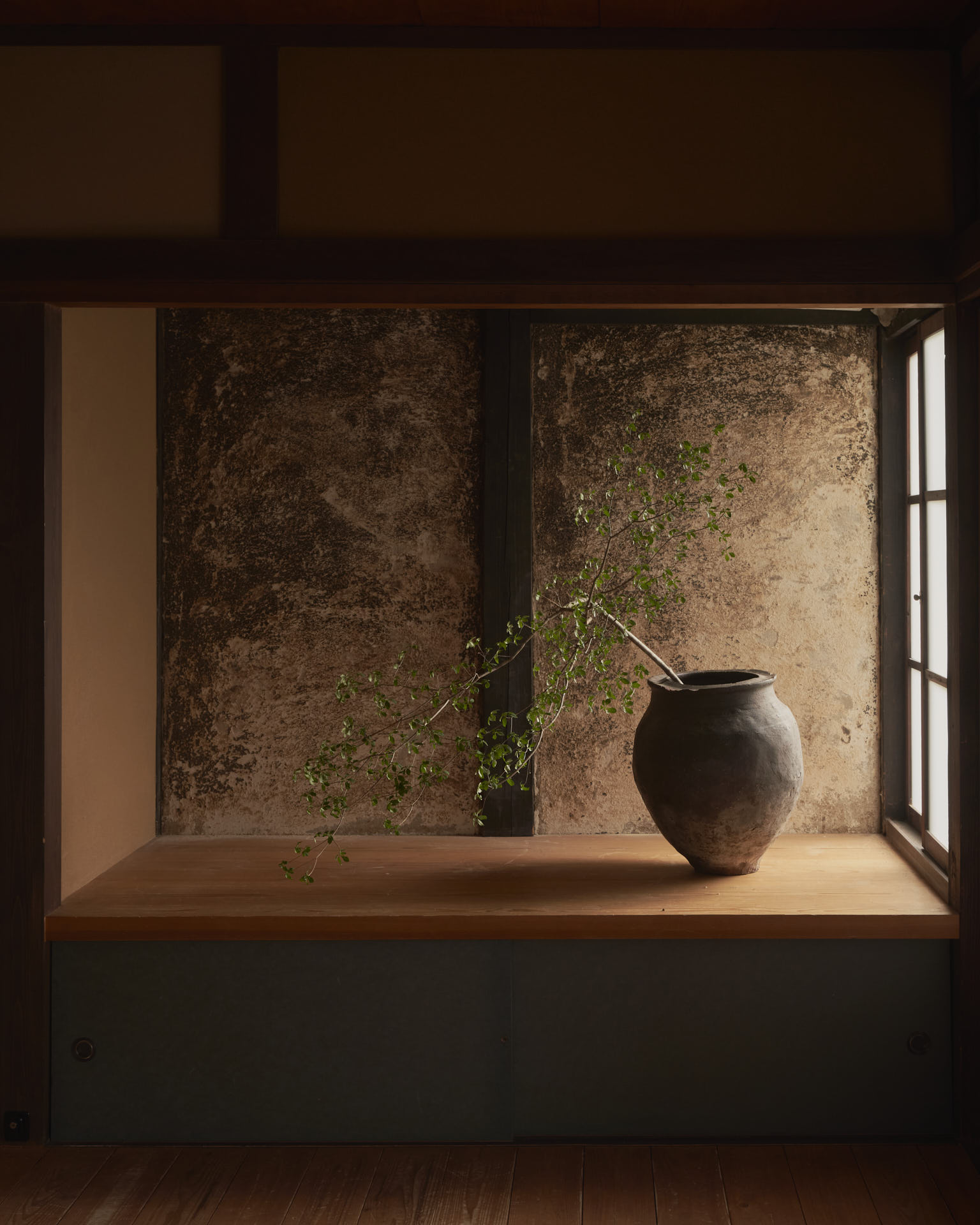
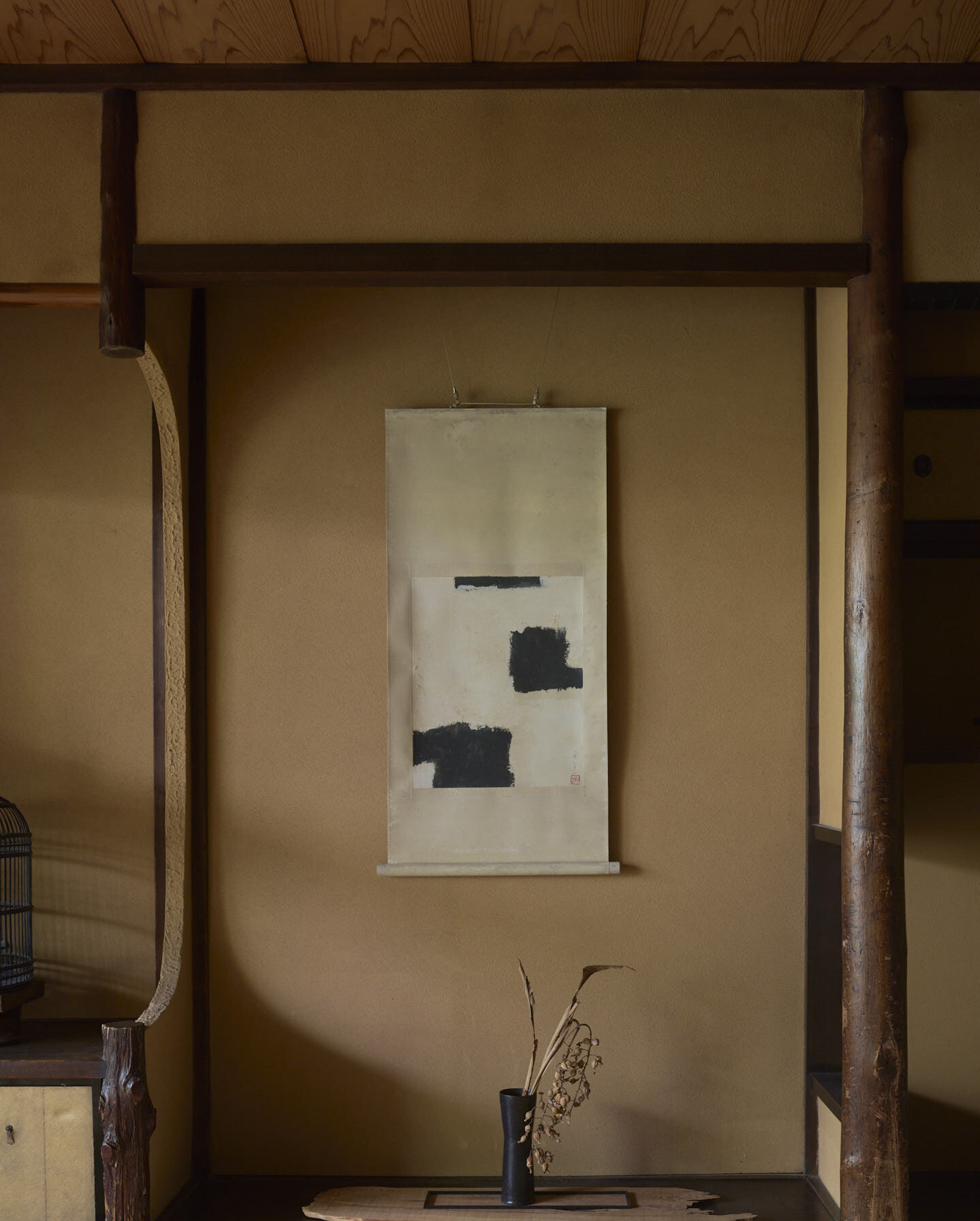
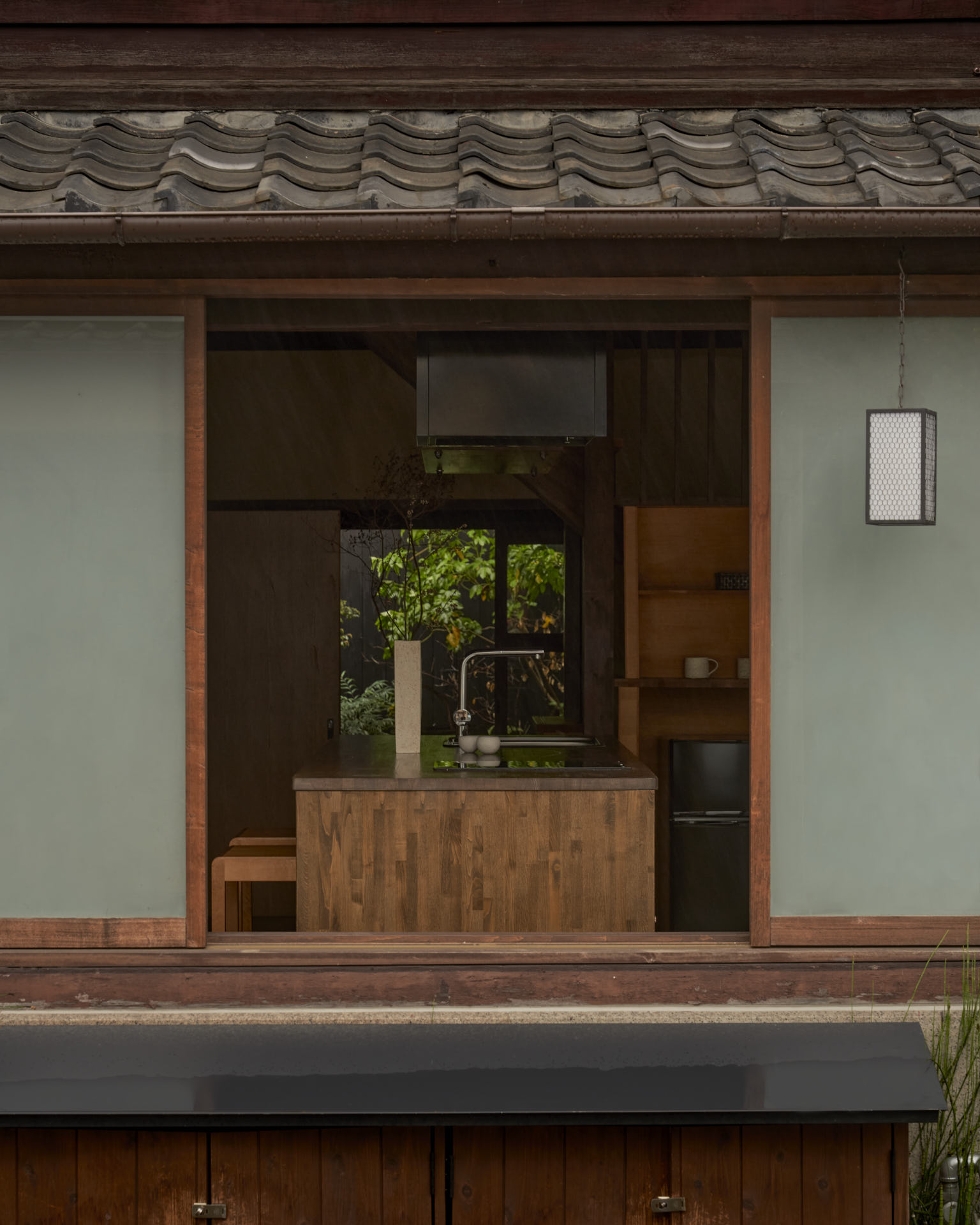
The story of Maana Homes is one to truly captivate. After meeting in boarding school in California, Hana from Japan and Irene from Hong Kong, their friendship quickly became their safe space. Both of them spoke close to little English and found comfort in sharing similar situations. After high school, Irene stayed in California, and Hana studied in New York City. Even though the distance wasn’t short, they kept in touch while each developed their own career paths.
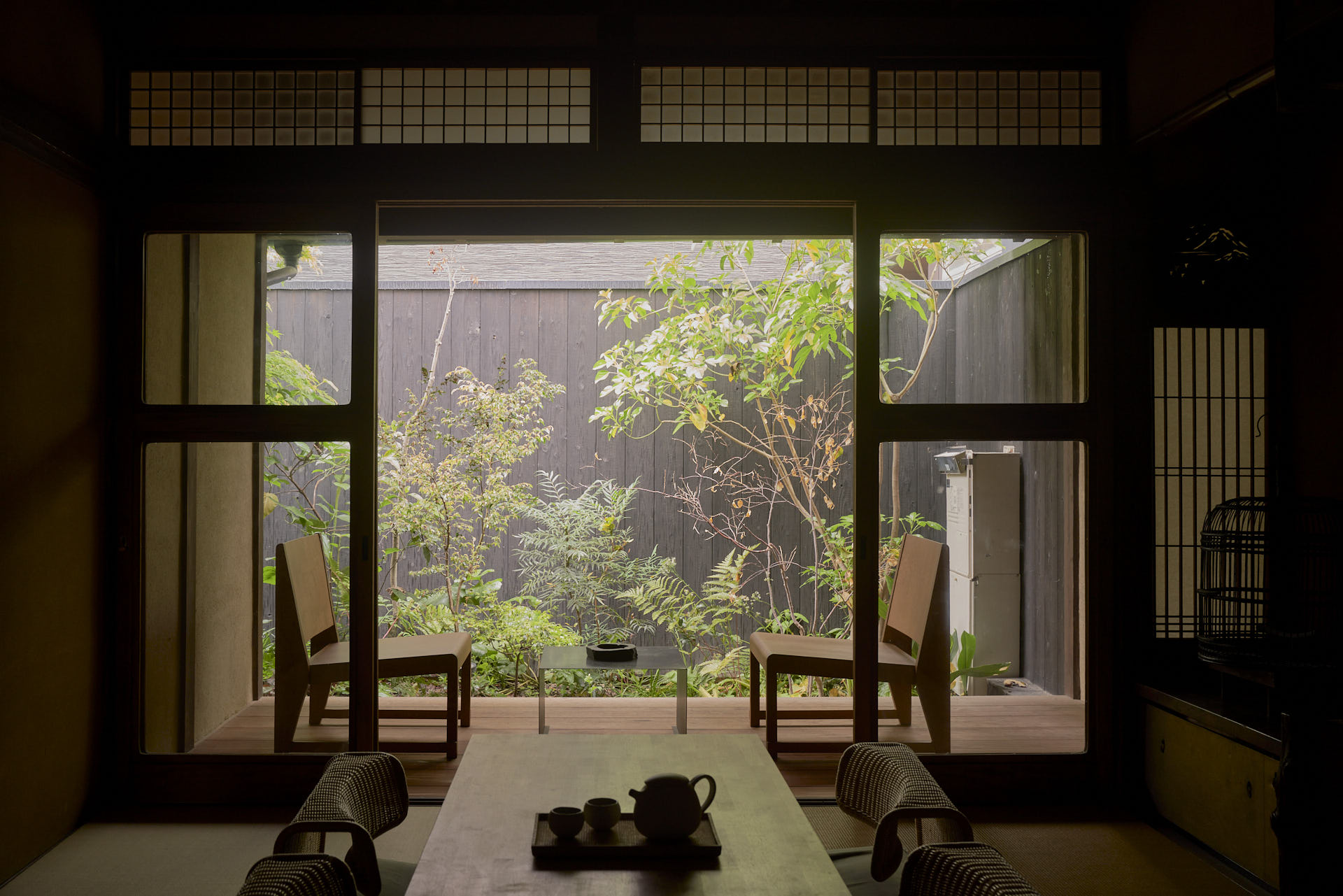
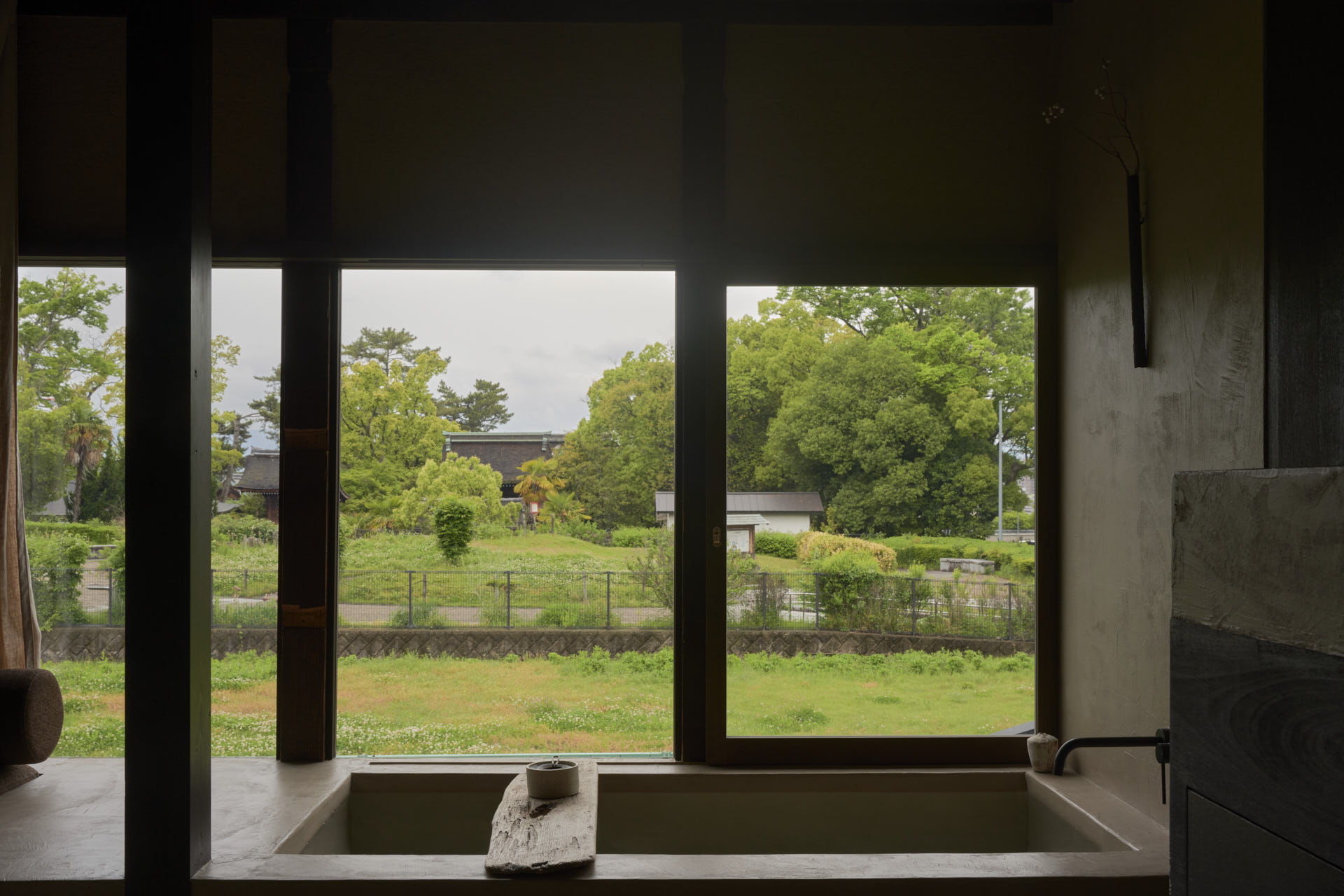
However, in 2015, Hana left her art director position in New York to move to Kyoto for her family, while Irene remained in Los Angeles as a designer in a hospitality interior design studio. The trip to the South of Spain came about and, during it, they started reflecting on what they wanted to do in their lives. “We started thinking a lot about how we could put all of our skill sets together, what do we want to create?”, says Hana. In that conversation, they realized that they enjoyed both the combination of the fun of an Airbnb experience and the detail of boutique hotels.
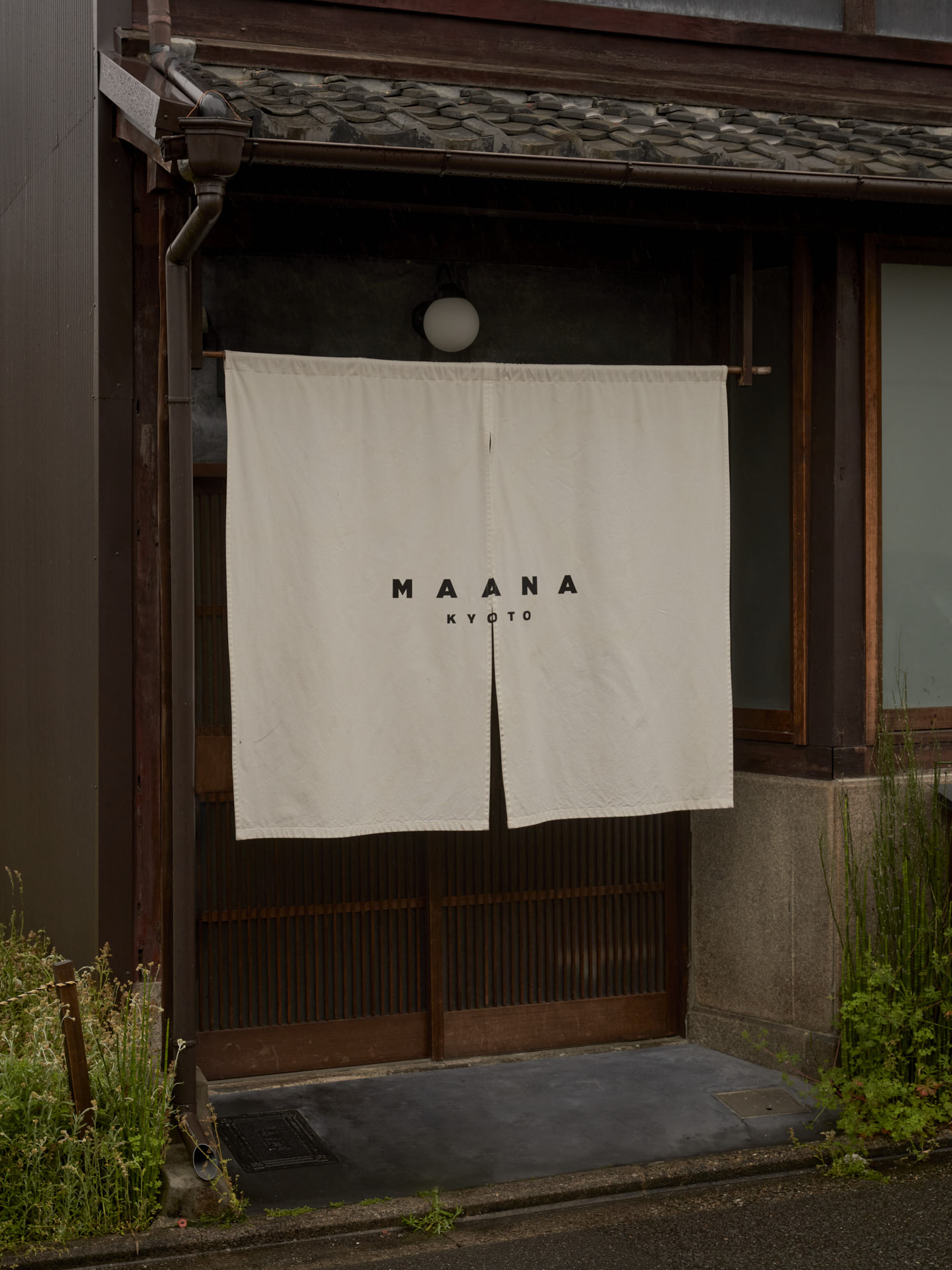
“We love the feeling of coming home to each other, we rent a little two-bedroom apartment and go to the market, come back, make breakfast… It’s like we’re living together in a different country”, explains Irene. “Also, I think you get to see that person’s personality through Airbnb’s and their design touches, and we love the culture part of it too”, she adds. With every Airbnb, you introduce yourself to someone’s own imagery and can find furniture pieces and crafts that are rooted in the region.
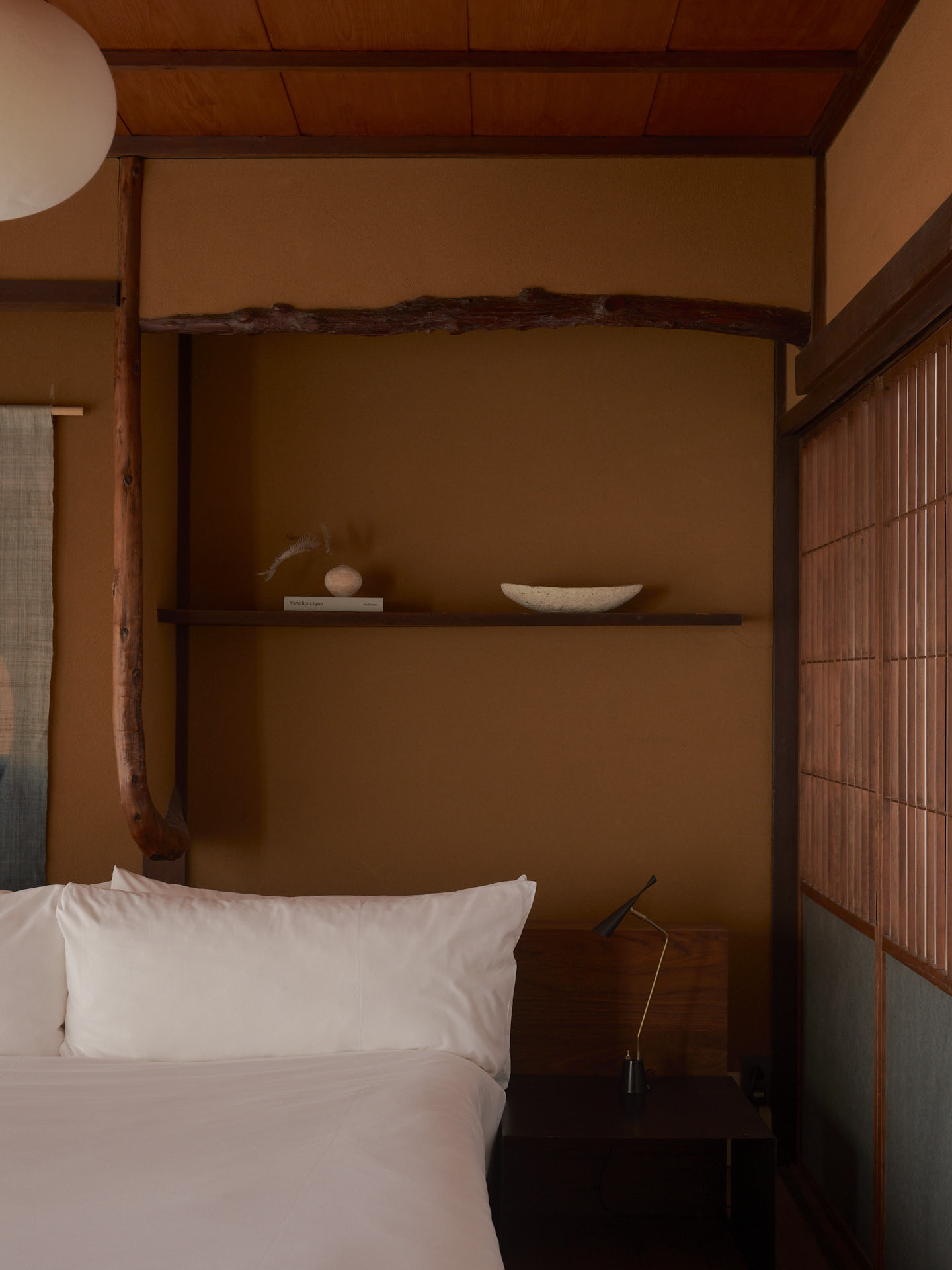
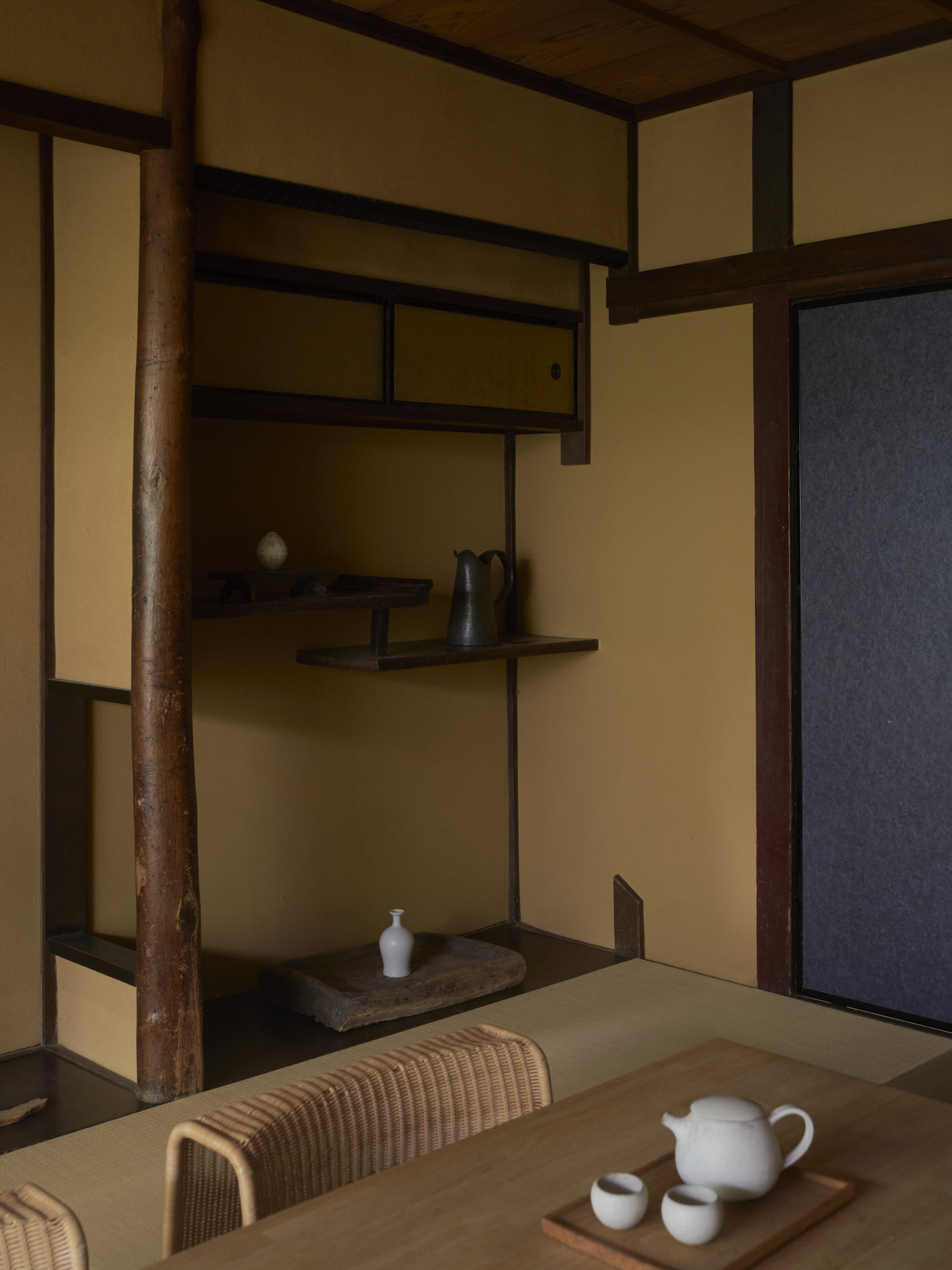
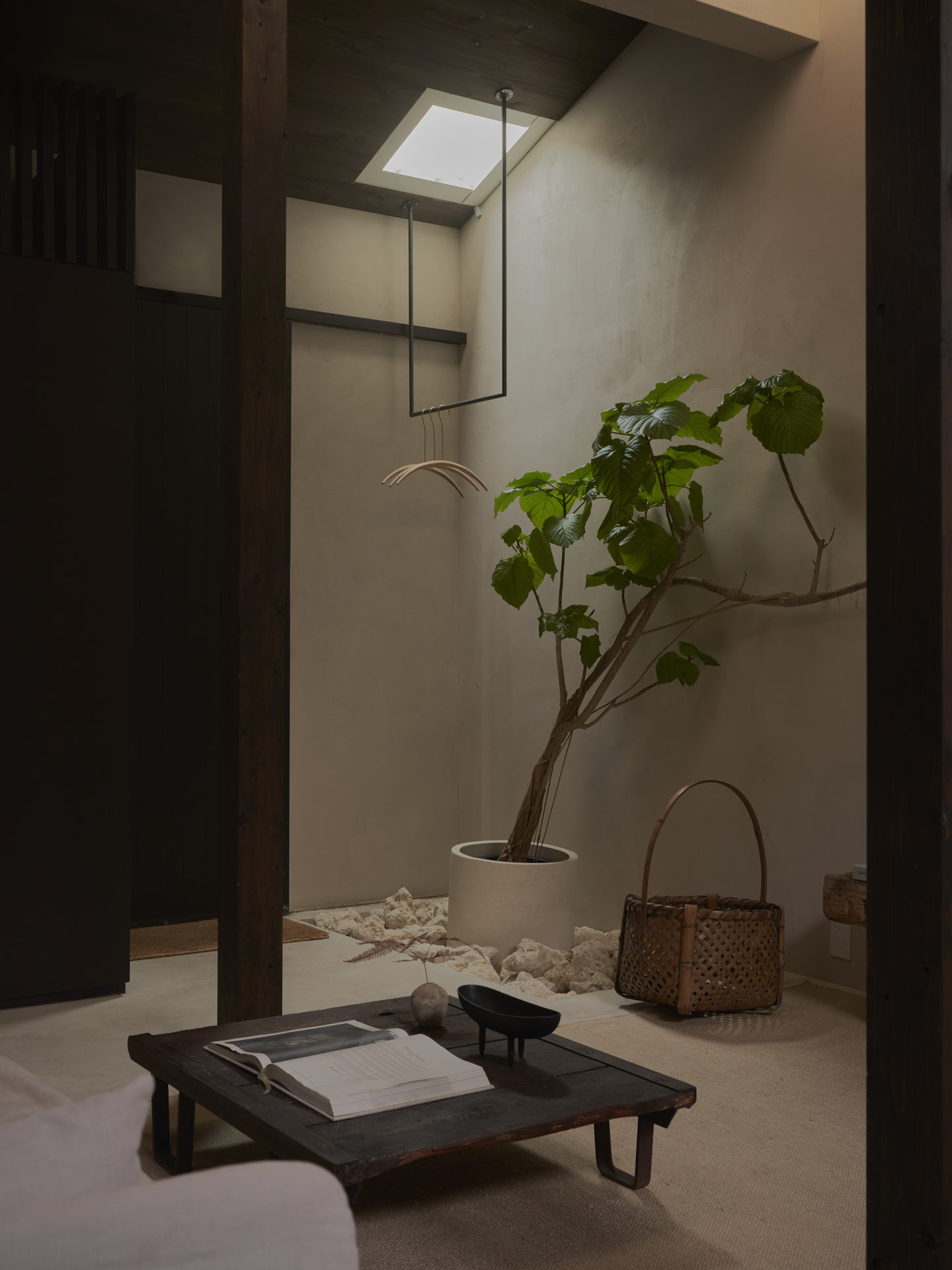
However, they also enjoy the quality and the attention put into boutique hotels. All of a sudden, a key question came up: “We love boutique hotels, and we love Airbnbs. What if we combine them together and have this hotel standard?”. At that point, it was just an ideation of what would turn into a unique business. “We did actually really write down everything on this tablecloth and took a picture of it because it was a really good business model, but neither of us took it seriously”, describes Hana.
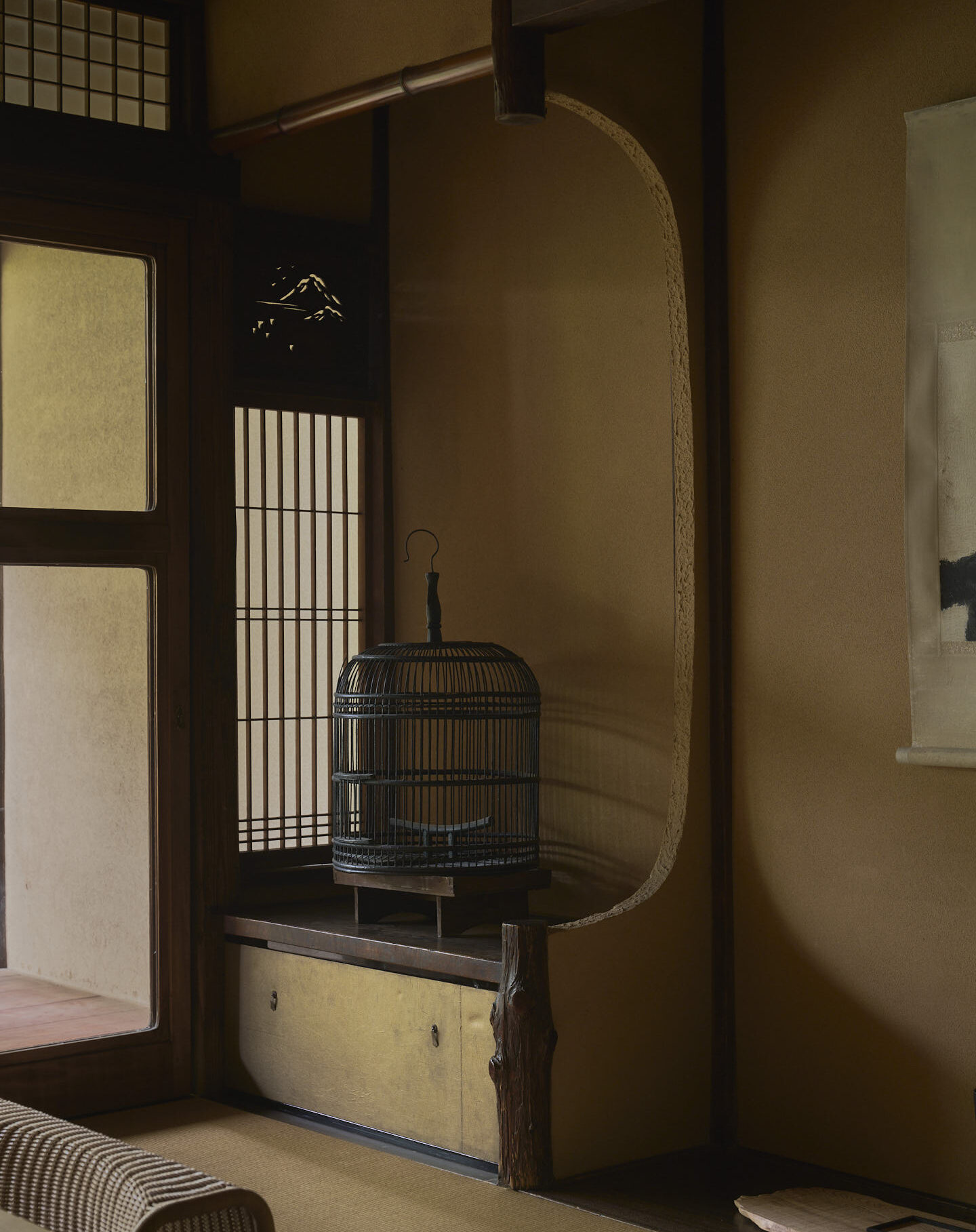
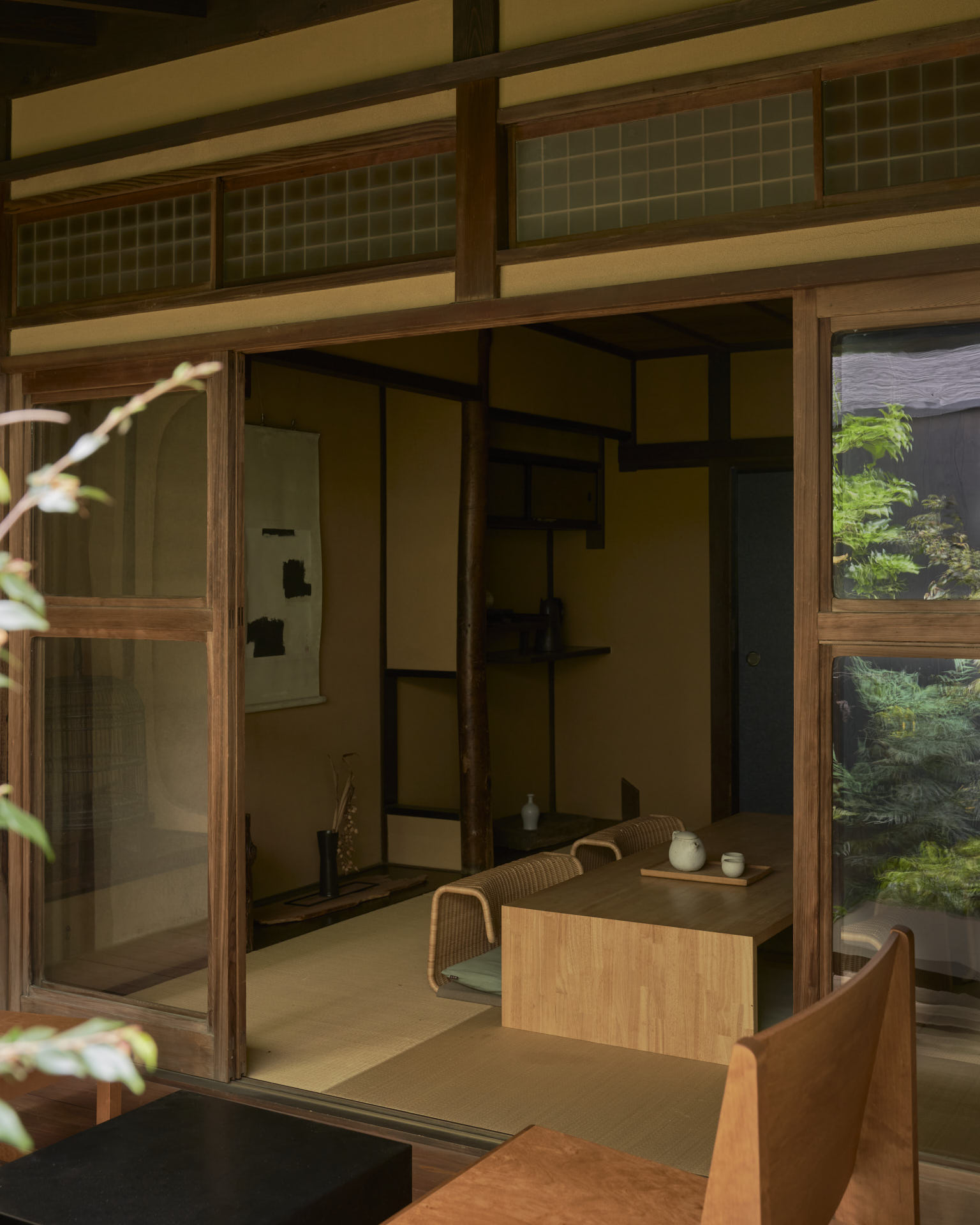
The architect Shigenori Uoya was the sign they needed: “I saw an article on our architect that worked on a Machiya, and I knew that was it”, states Hana. The Machiyas, the traditional townhouses in Japan known to be the homes of urban artisans during the Edo period, represented the perfect type of house they could work on: “The way they’re built, with traditional techniques, you can see the culture”, they punctuate. With no knowledge of the culture nor the architecture, they went for it. “A lot of people thought that we started Maana wanting to do a guest house business in Japan, but we thought about Japan after we came up with the branding and the concept of it”, clarifies Irene. “We ended up in Japan because it made sense, and this concept thrived in this environment”.
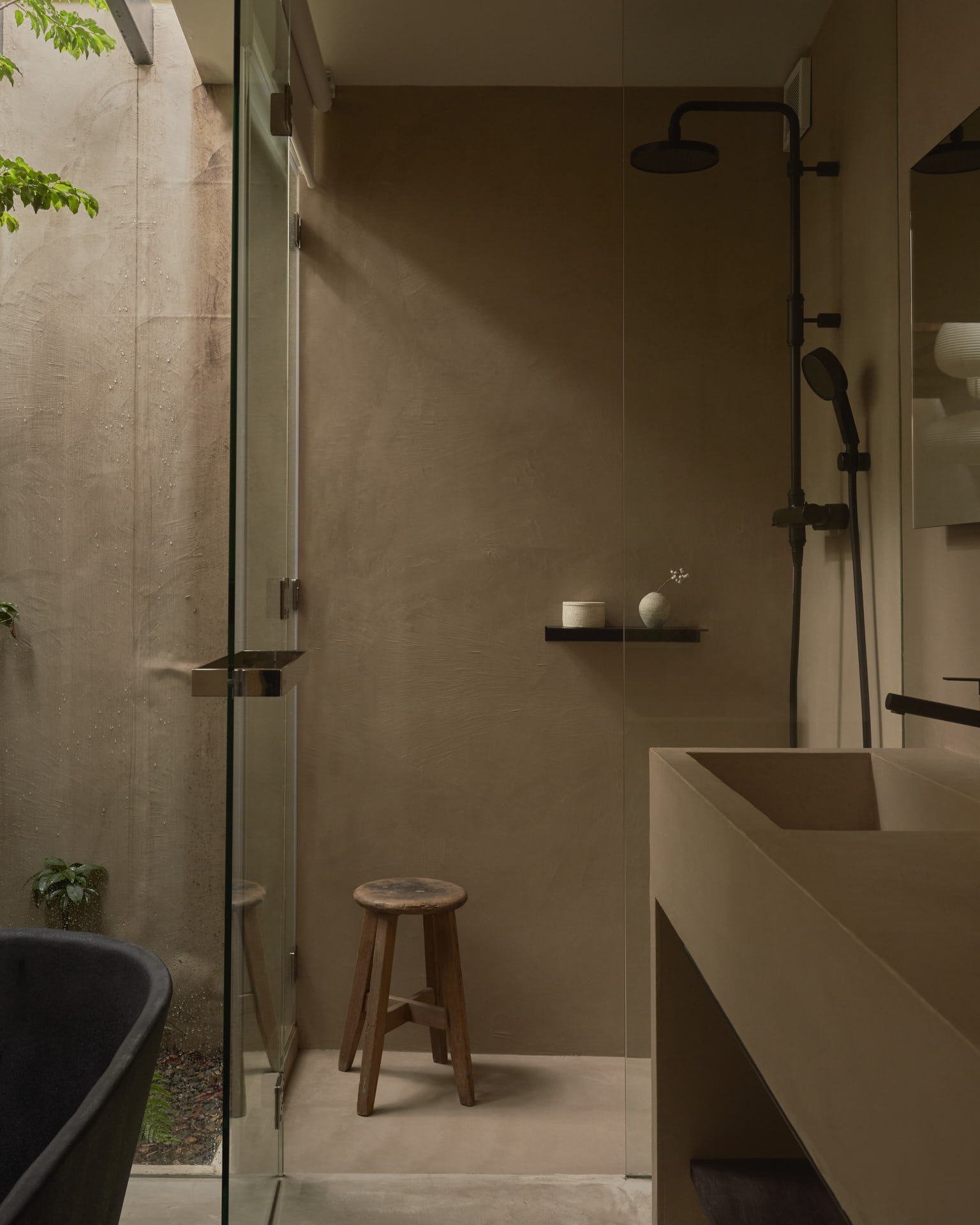
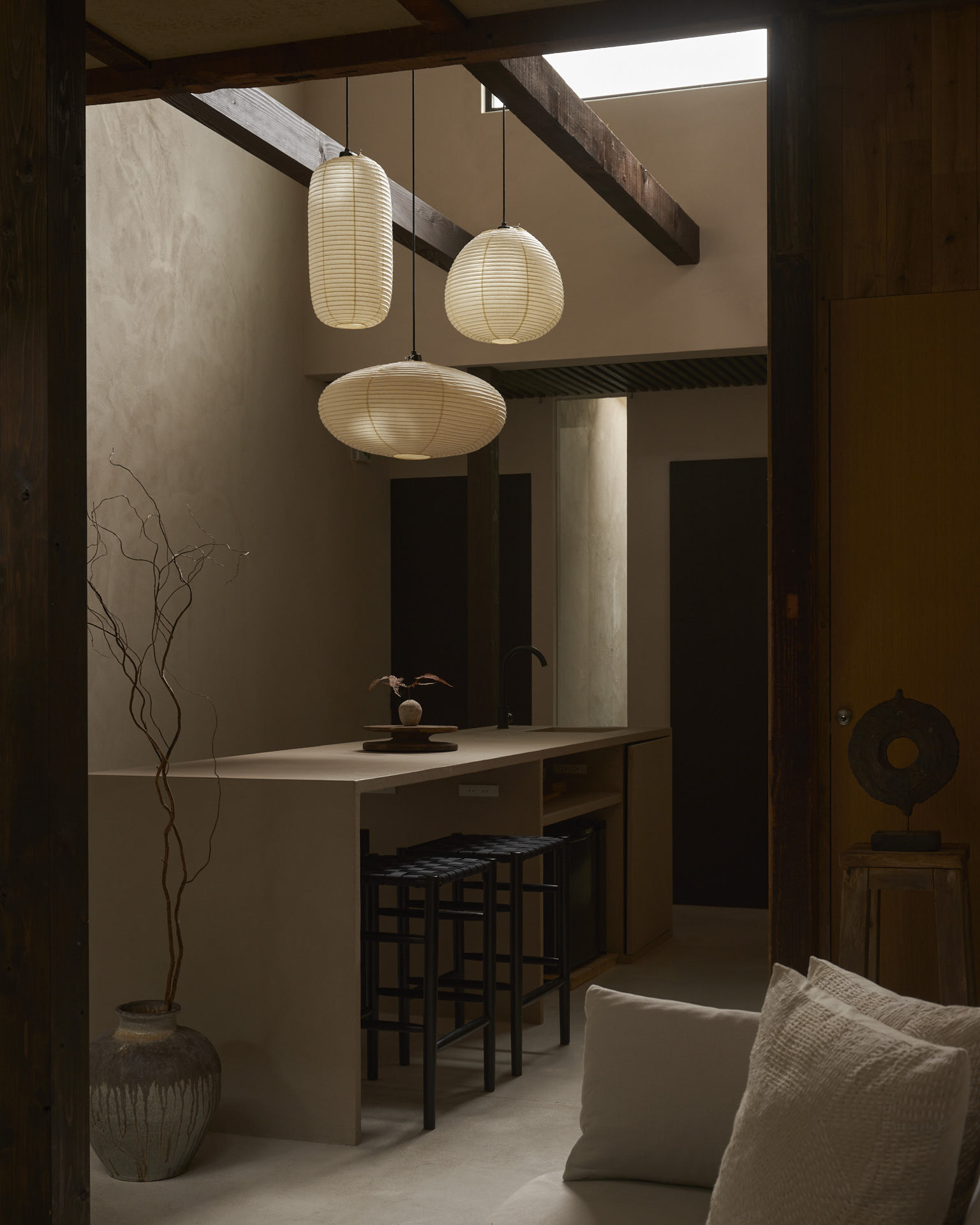
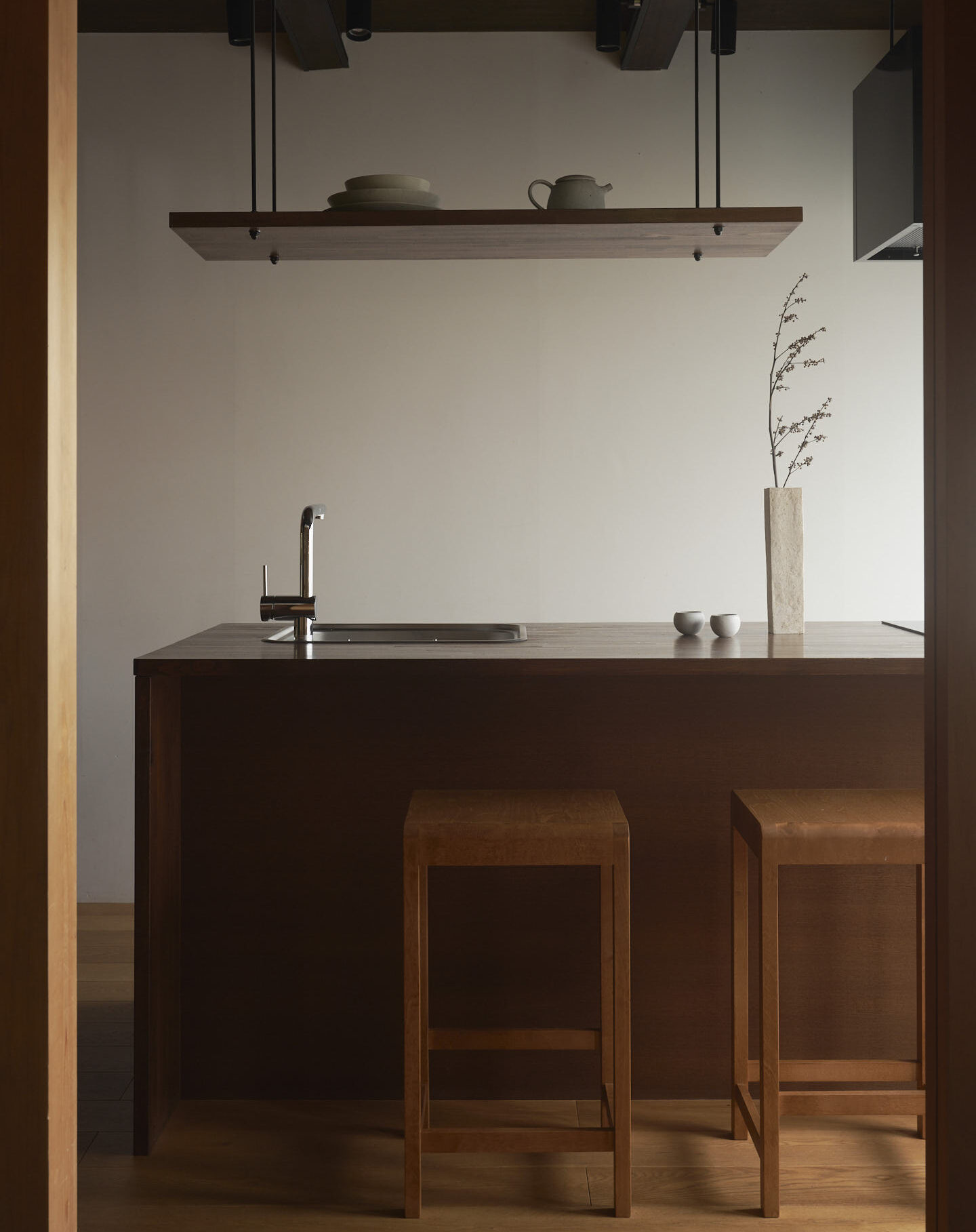
A concept that transcends the barriers of a guest house: Maana is a lifestyle. As Irene comments, “the Maana brand, the voice and the intention really come through in our hotels”. Each house has its own story and philosophy and is a reflection of our journey throughout Kyoto as they explored. “Our first house is very traditional, our second house is bolder and more modern, and our third project, Kiyomizu, is where we really push the boundaries”, they describe.
With an initial urge to connect the community in Kyoto, the duo organically developed the passion to bring a modern and fresh perspective to the materials: “We realized a lot of the younger generations don’t care about Machiyas, so we hope to change that perspective with this project”. Maana has become an inspiration for Japanese people to come to the realization that anything can be done with these houses.
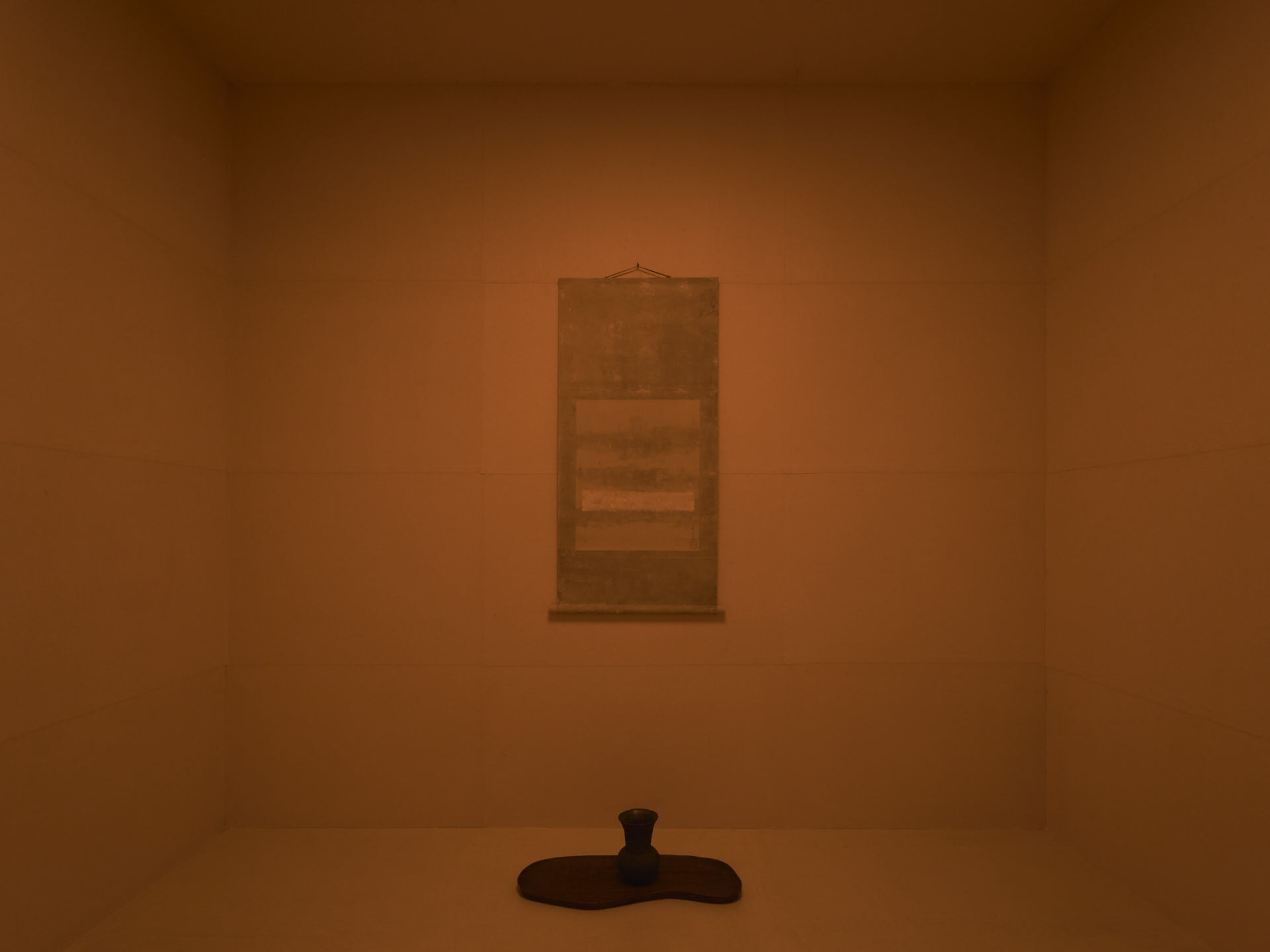
And that is because Maana explores what it means to live well. “When someone stays at our houses, we want them to engage, play around, and hopefully awaken a type of curiosity about how they can go home to their daily routine and implement these joyful and peaceful moments”, they describe. Little bits of wisdom of living well where intentional communication with guests as well as a personal and familiar environment are key factors and where respect for the neighborhood is unnegotiable.
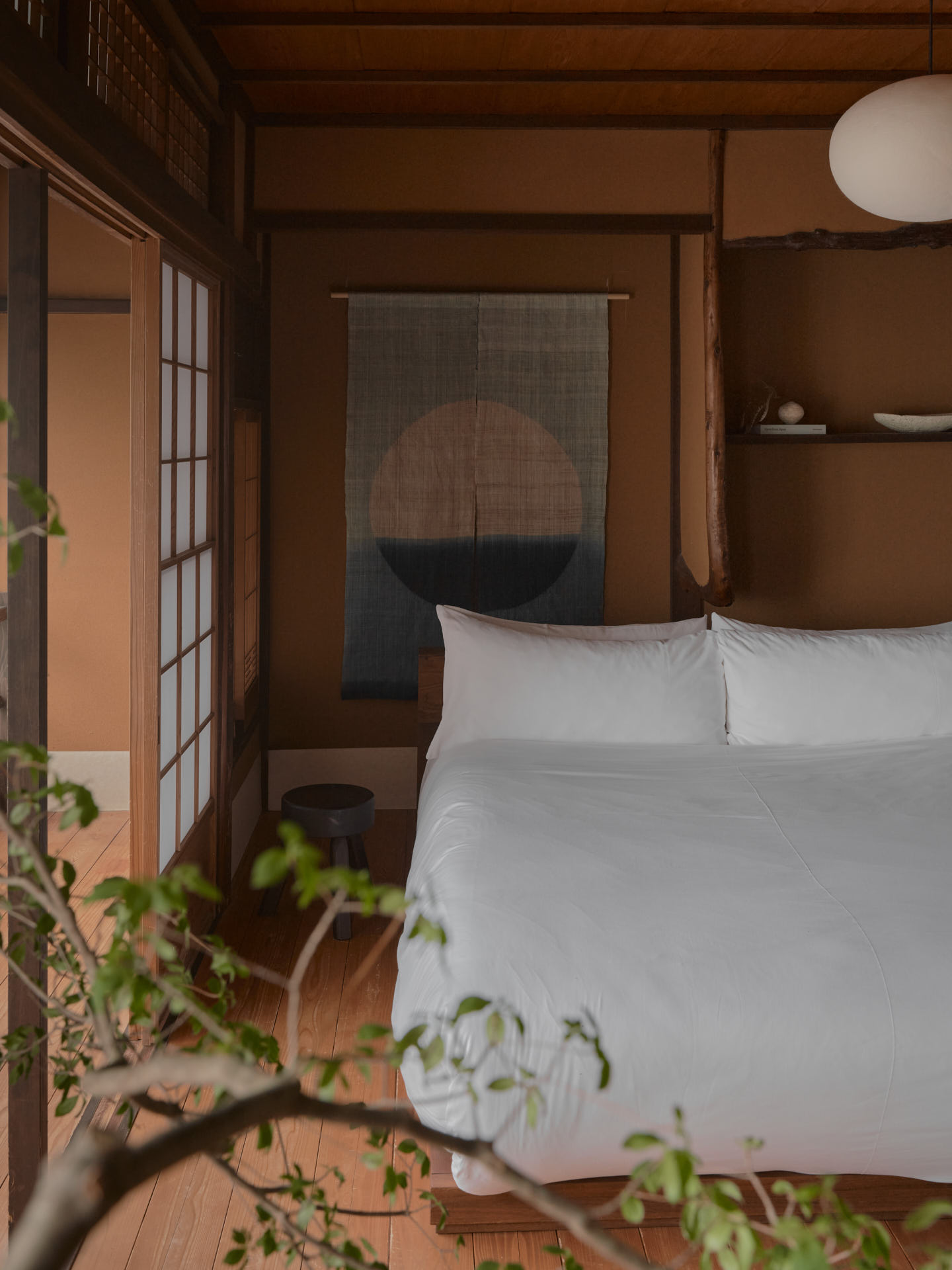
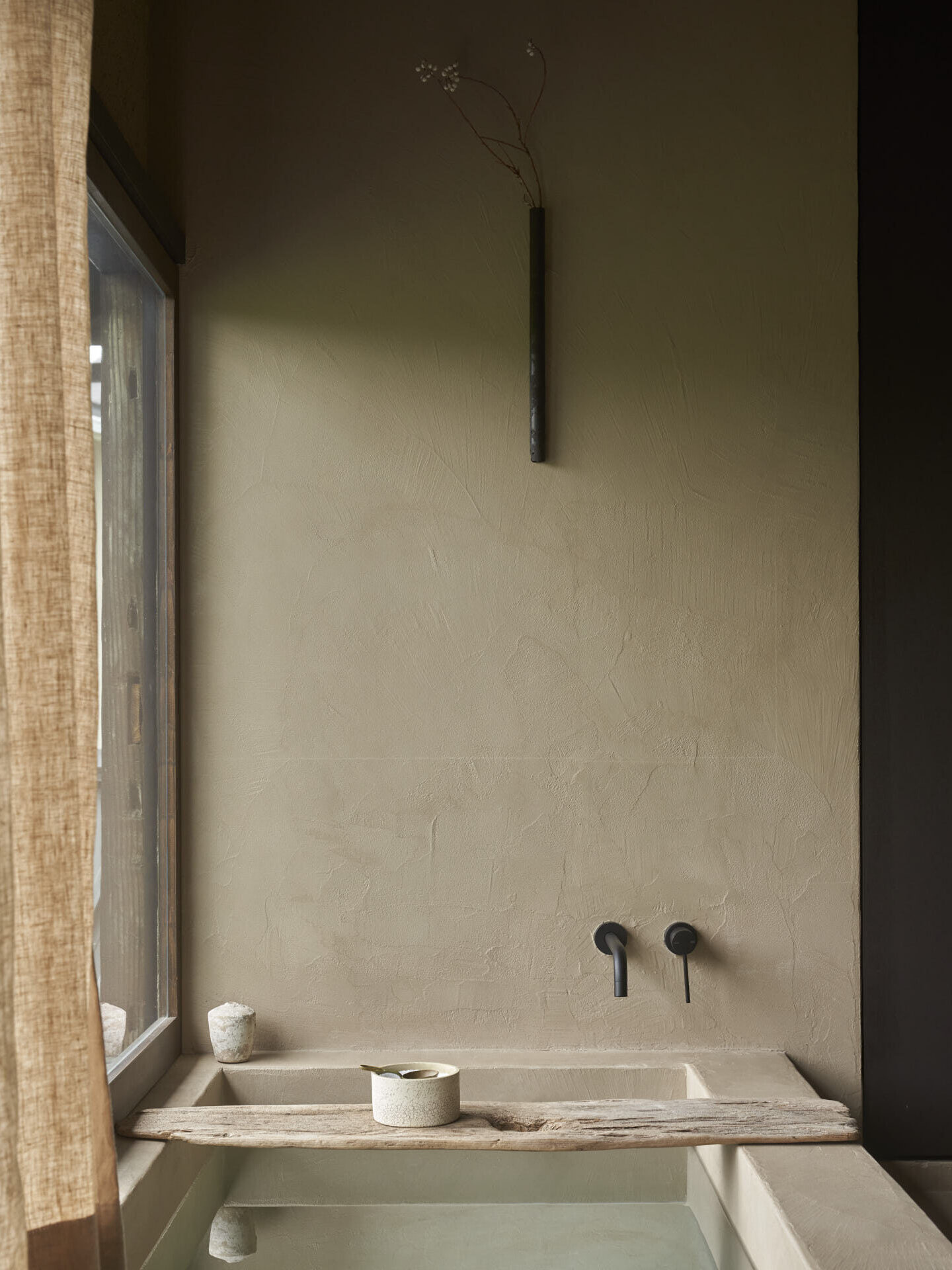
Moreover, in order to really bring about the Maana lifestyle, the brand is launching their own new experiences within the stay that will truly dive the guests into what it means to live well. “It’s all about taking traditional Japanese wisdom and applying it into modern day life and to enrich and nurture our modern day life”, highlights Irene. Divided into clothing, food and living, the experiences fathom from learning fermentation techniques to working with sustainable fabrics.
“This is something we really needed to do, it spoke to us as a brand”. Not only that, but they are also planning a six-day retreat the first week of December with the aim of unlocking parts of Japan that are difficult to access by foreigners due to language barriers. “With the Maana as a brand in the middle, we are able to unlock these areas and craftsmanship”, they describe. However, the brand is not tied to Japan: “We’re not married to Japan, but we love renovating and putting life back into these traditional houses”, remarks Irene.
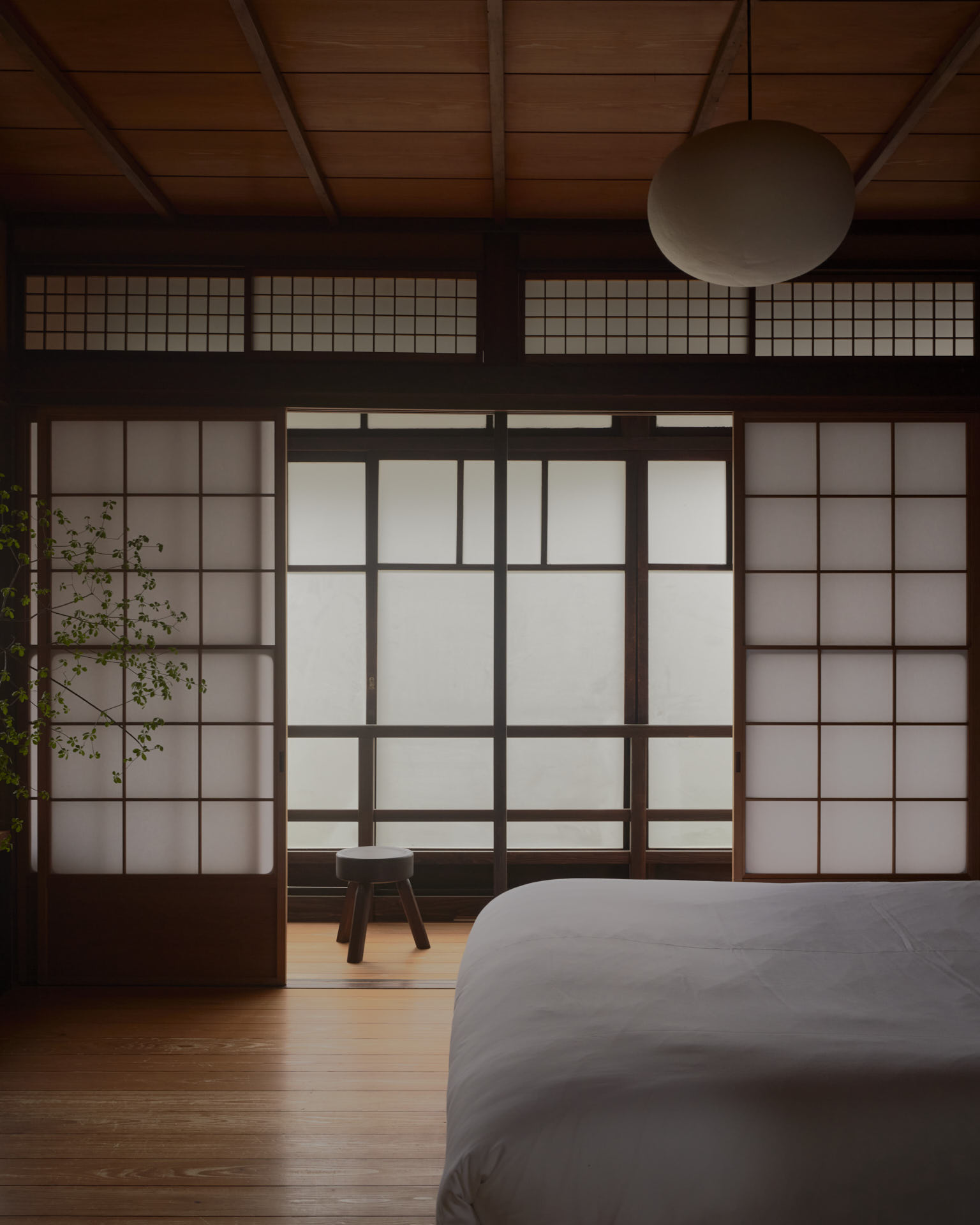
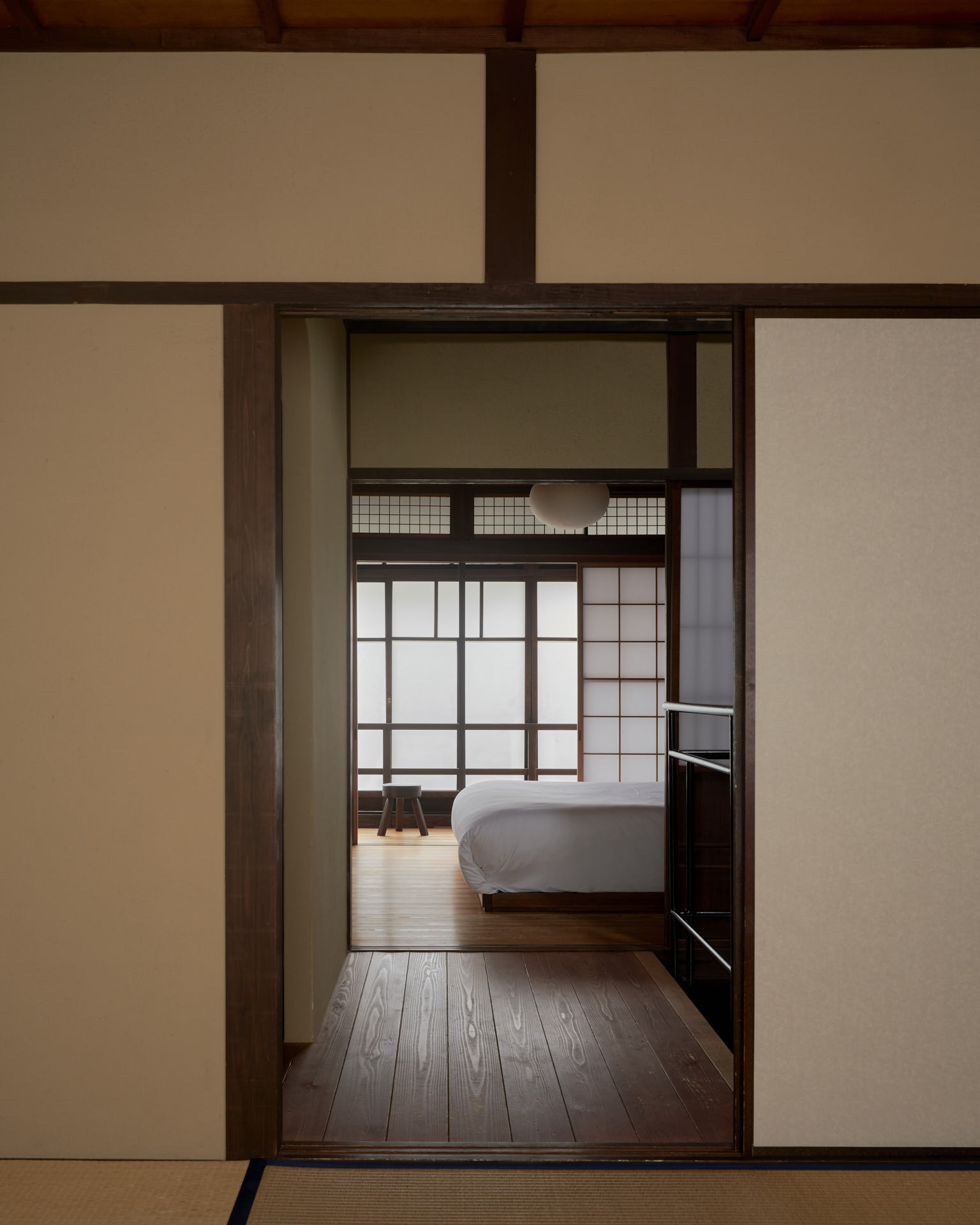
Their fresh and modern take on traditional Japanese architecture, and the exploration of how to live well, define Maana. Nonetheless, there is something that makes the brand so unique from any other: a 30-year-long friendship that continues to grow, to learn and, most importantly, to have fun. “I don’t think the type of creative freedom that we have with each other and the type of communication we have are common”, manifests Hana. A meaningful brand and a meaningful friendship that inspires modernity and coziness into tradition. And that, next year, will launch a project very different from all the rest: a new build in collaboration with Norm Architects. “It’s the opposite: to bring traditional wisdom and charm into a new and modern house”, they narrate. And we can’t wait to see it.



